After what President Putin described as “betrayal” and “Russia being stabbed in the back”, on Saturday, following the Yevgeny Prigozhin revolt, Russia entered into a peaceful settlement agreement Saturday night with the Wagner military contractor to allow him leave Russia without any repercussions. The Wagner rebel troops are also to be readmitted and given military contracts with the Russian military as usual, once again.
The agreement was also a deal which was used to effectively halt Prigozhin from continuing his mutinous march on Moscow where he was just about 200 kilometres (150 miles) short of during operations on Saturday.
REAFF ALSO: Russia Coup: Wagner Boss, Prigozhin, Backtracks, Withdraws Troops To Avoid Bloodshed
The deal said to have been brokered by Belarusian President, Aleksander Lukashenko, sees Prigozhin leave Russia for Belarus with his family and business interests not tampered with by Russian government.
Kremlin spokesman, Dmitry Peskov, said that Prigozhin’s troops who joined him in the uprising will not face prosecution and those who did not will be offered contracts by the Defense Ministry. After the deal was reached Saturday, Prigozhin ordered his troops to halt their march on Moscow and retreat to field camps in Ukraine, where they have been fighting alongside Russian troops.
President Putin seems to have been pushed into this deal out of anxiety having found himself in a dilemma with the entire development.
Indeed, the dilemma is real- on one hand he is faced with the war which is continuing in Ukraine and on the other he has likely suffered a destabilisation of his military setup and his almost a decade-long stranglehold on the Kremlin with the insurrection.
It is, therefore, not far- fetched the reason behind the peaceful posturing against a mutiny. It is reasonable to believe this approach was to peacefully close up the issue and then focus on the Ukraine challenge.
This incident appears to throw up a weakened Putin. The deal looks too soft in the face of an insurrection which poses a great dent on Russia in an ongoing war with Ukraine. For a leader perceived to be strong it is seen as an unusual response.
There is no question that the incident has an undermining effect on Putin and his war-mongering government. The readiness with which he accepted to go into this deal even after an earlier threat to “punish” those behind it, indeed shows a weakened Putin.
The question, though, is whether this new deal will really bring an enduring relationship with the Wagner Group. How long will the deal last before things go awry again? Is it really sustainable?
Prigozhin and his rebellious group had had a long drawn love-lost relationship with the top military level of the Russian army, culminating in the burst on Friday. The last straw was last week’s claim by Prigozhin that he and his troops were bombed by the army in what was claimed to be a deliberate operation inside Ukraine.
In the deal, the Wagner troops who will not be prosecuted for insurrection have been readmitted in the Ukraine operation. Will they be faithful? Will they be committed? Or they will form cells to undermine Russia now in a more brazen format? How will they unify to face the Ukraine operation after the insurrection?
The development is a slap on Putin who ventured into Ukraine in the hope that in days the war would be over. For about 16 months the war has raged without victory boldly in sight as Russia had hoped.
It will appear that Putin will have an unstable focus as the Saturday incident makes it look like he now has two battle fronts to man- one is Ukraine and the other, Wagner Group.
It is to avoid this distraction that led to Putin’s hasty deal and reneging in an earlier pronouncement of punishment.
But it’s interesting that Russia’s television stations project the deal as a sound and statesman decision by Putin. They cast the deal as a show of Putin’s leadership wisdom which ensured that bloodshed was not brought upon Rostov-on-Don citizens which would have followed an offensive by Russian troops against Prigozhin and his troops. This is indeed a Public Relations management. Very plausible argument, indeed. And there is no doubt there would have been bloodshed in a clash.
But the U.S.-based Institute for the Study of War has said that the “deal is a short-term fix, not a long-term solution.”
Indeed, how long will this deal with an inside enemy that has undertaken a dangerous, bold action last? Will things ever remain the same in Russia as they relate to the war in Ukraine and the readmitted mutineers?

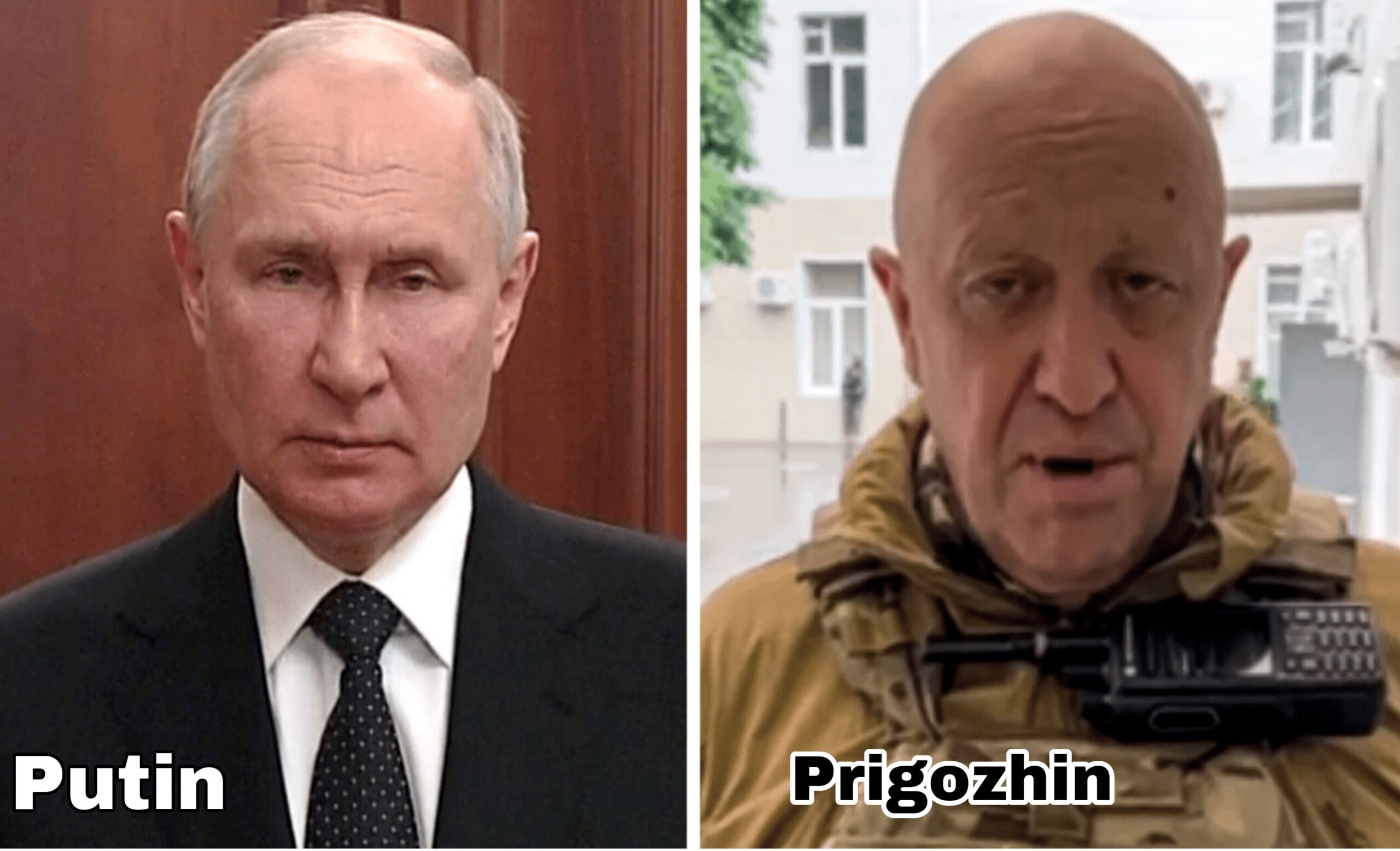




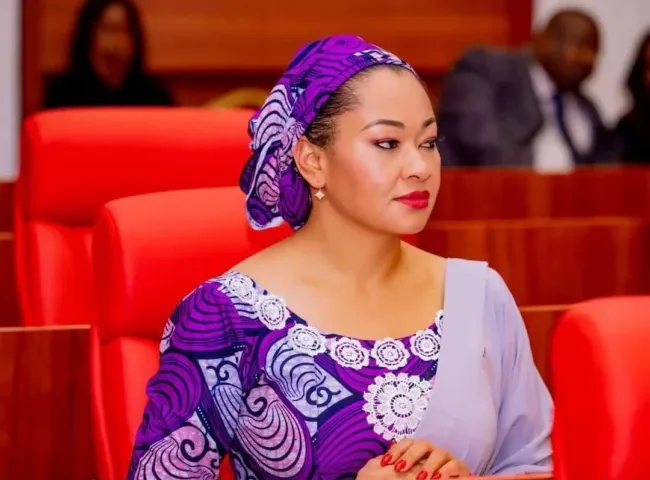
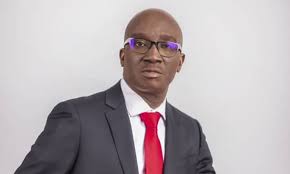







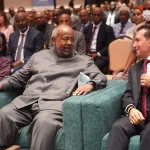
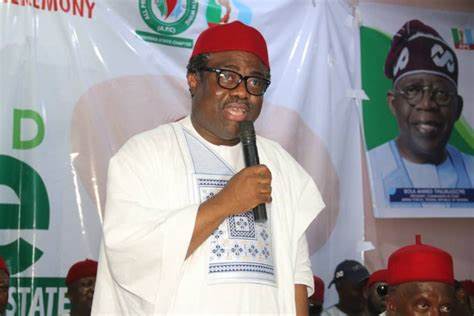
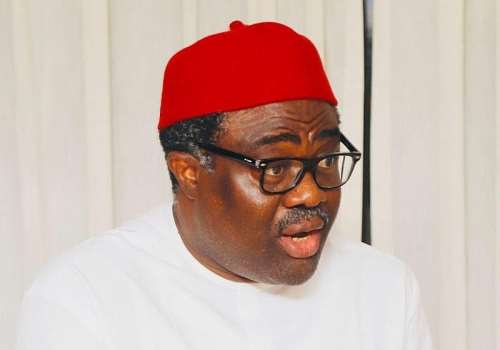
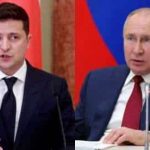
Follow Us